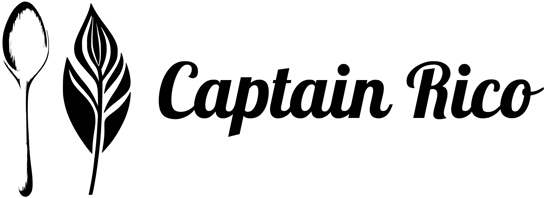The Major Food Groups of the Whole Food Plant-Based (WFPB) Diet
TIPS
11/2/20232 min read


A whole food plant-based (WFPB) diet emphasizes the consumption of minimally processed foods derived from plants. This dietary approach has gained popularity due to its numerous health benefits and positive impact on the environment. One of the key aspects of the WFPB diet is the inclusion of various food groups that provide essential nutrients for optimal health. Let's explore the major food groups of the WFPB diet.
Fruits
Fruits are an integral part of the WFPB diet. They are packed with vitamins, minerals, and antioxidants. The diet encourages the consumption of a wide variety of fruits, including apples, bananas, grapes, strawberries, citrus fruits, and more. These fruits offer a range of flavors and textures, making them a delicious and nutritious addition to any meal or snack.
Vegetables
Vegetables are another essential component of the WFPB diet. They are rich in fiber, vitamins, and minerals, and contribute to overall health and well-being. The diet recommends including plenty of vegetables in the form of peppers, corn, lettuce, spinach, kale, peas, collards, and more. Incorporating a variety of vegetables ensures a diverse nutrient intake and adds color and flavor to meals.
Tubers
Tubers, specifically starchy root vegetables, are a significant part of the WFPB diet. Examples of tubers include potatoes, sweet potatoes, yams, and cassava (also known as yuca). These nutrient-dense foods provide a good source of carbohydrates, fiber, and essential vitamins and minerals. Tubers can be prepared in various ways, such as roasting, steaming, or mashing, adding versatility to the WFPB diet.
Whole Grains
Whole grains are an important source of complex carbohydrates and fiber in the WFPB diet. They include grains, cereals, and other starches in their whole form, such as quinoa, brown rice, whole wheat, oats, popcorn, and more. Whole grains offer a range of nutrients and are a healthier alternative to refined grains. They provide sustained energy and contribute to heart health.
Legumes
Legumes are a vital source of plant-based protein in the WFPB diet. They include beans of any kind, lentils, pulses, and more. Legumes are not only rich in protein but also provide fiber, vitamins, and minerals. They are versatile and can be incorporated into various dishes, such as soups, stews, salads, and spreads. Legumes offer a satisfying and nutritious option for those following the WFPB diet.
By incorporating these major food groups into your diet, you can enjoy a wide range of delicious and nutritious meals while reaping the benefits of the WFPB lifestyle. Remember to choose whole, unprocessed foods whenever possible and experiment with different recipes to keep your meals exciting and enjoyable.
Contacts
rico@captainrico.com
Socials
Subscribe to our newsletter
CaptainRico.com is a participant in the Amazon Services LLC Associates Program, an affiliate advertising program designed to provide a means for sites to earn advertising fees by advertising and linking to products on Amazon.com. Amazon and the Amazon logo are trademarks of Amazon.com, Inc, or its affiliates.
